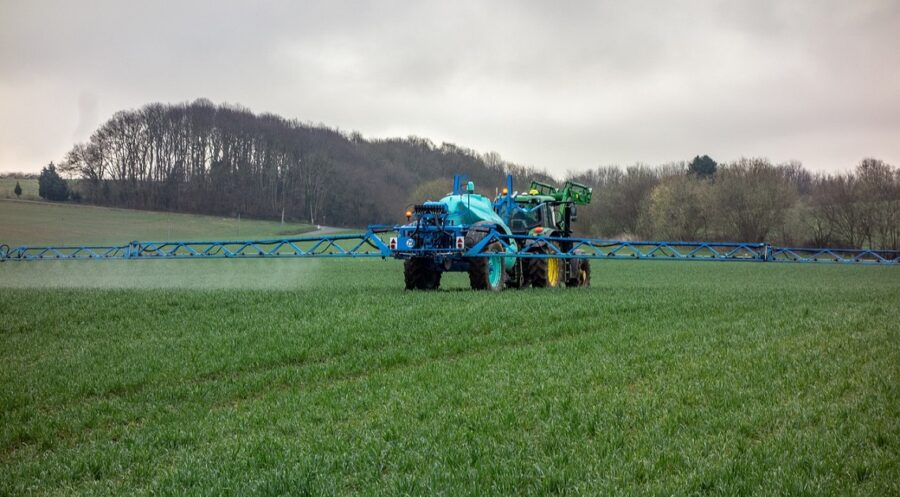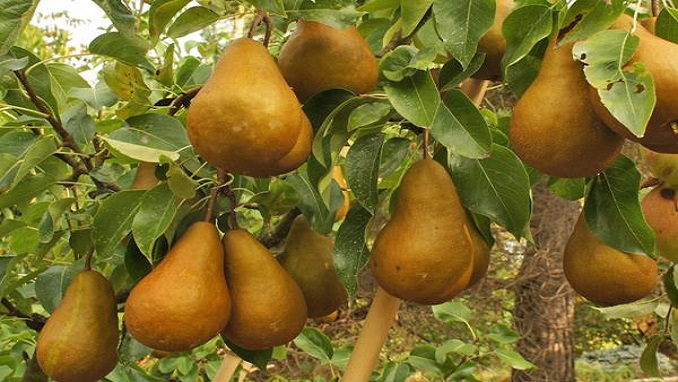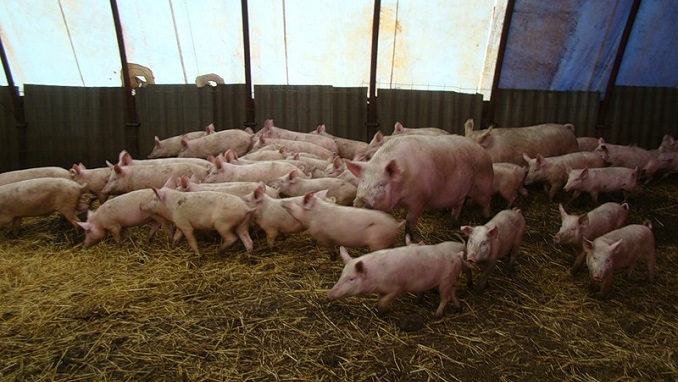European Commissioner for International Partnerships, Jutta Urpilainen, and President of the International Fund for Agricultural Development (IFAD), Alvaro Lario, have signed two agreements today to support sustainable production of nutritious and locally grown food in regions of Africa, the Caribbean, and the Pacific. With a global food crisis exacerbated by the war in Ukraine, the impacts of climate change, and several countries facing debt distress, these agreements aim to build small-scale farmers’ resilience to economic and climate shocks. The total amount of funding provided under these agreements is €70.7 million.
Urpilainen stated that the EU’s positive offer, Global Gateway, is an investment in the strategic autonomy of partner countries. She further explained that the EU aims to support these countries in building their food systems through sustainable production to enhance their resilience. According to Urpilainen, the funds provided will empower small-scale producers to feed their families and communities sustainably.
According to estimates, small-scale farmers produce up to 70% of the food in low- and middle-income nations and around a third of the food consumed worldwide. Due to the surge in global prices of energy and food, especially since the onset of the war in Ukraine, many countries have experienced high levels of food inflation. Furthermore, small-scale farmers are significantly affected by climate change and are frequently the ones most impacted by extreme weather events that are becoming more frequent and intense.
Lario underlined the importance of making investments in the development of resilient, productive, and long-lasting local food systems in order to attain long-term sustainable food security. He went on to say that it is vital to make investments that will allow small-scale farmers to feed their families and countries in a sustainable manner while giving them access to capital and useful resources. Lario added that it is equally important to help these producers adapt to climate change and build shorter and local food value chains.
According to sources, as part of the initiative Investing in Livelihood Resilience and Soil Health in ACP nations, the European Union would give €52.5 million to IFAD. The main objective of the programme is to promote agroecology and sustainable agricultural practices to improve and sustain soil fertility. The programme will include measures such as efficient use of synthetic and organic fertilizers, sustainable water management, production of local bio-fertilizers, and use of biodigesters. Additionally, the programme aims to provide small-scale producers with access to inputs tailored to local agroecological conditions. Actions will be carried out in Ethiopia, Liberia, Malawi, Mali, and Niger, with future additions of additional nations conceivable.
Furthermore, the European Union will provide a grant of €18.2 million for the Global Programme for Small-scale Agroecology Producers and Sustainable Food Systems Transformation, with an additional €5 million grant from the Kingdom of Belgium. The programme will focus on scaling up agroecology practices and supporting small-scale farmers by improving their access to knowledge, support services, technologies, and market outlets.



